Keywords: Society Of Jesus
There are more than 200 results, only the first 200 are displayed here.
-

RELIGION
- Andrew Hamilton
- 24 March 2022
10 Comments
Any program of church reform will have soon to ask Chernyshevsky’s question, What is to be done? It is a dangerous question — he wrote his novel from jail and spent much of his life in exile or imprisonment. Discussion of Church matters is mercifully less perilous today, but the question does invite a radical repiecing of the connections and tradition and energies that constitute Catholic life.
READ MORE 
-
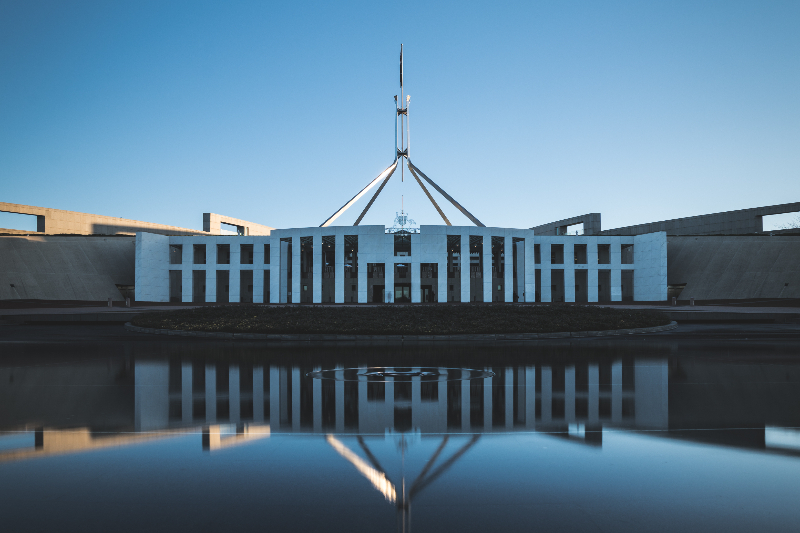
AUSTRALIA
- Frank Brennan
- 22 February 2022
1 Comment
In recent days, if you were to listen to the media reports, you could be forgiven for thinking that religious educators want to retain a right to exclude children or teachers from their schools on the basis of their gender or sexual orientation. Nothing could be further from the truth. Or nothing should be further from the truth.
READ MORE
-

RELIGION
- Jānis (John) T. Ozoliņš
- 03 February 2022
40 Comments
As if the Covid-19 pandemic has not been testing enough, modern life has never seemed more difficult than it does at present. We are bombarded on all sides by masses of information, misinformation, expert opinions, and the relentless, strident voices of social media browbeating us into accepting the dogmatic conclusions of leading influencers.
READ MORE 
-
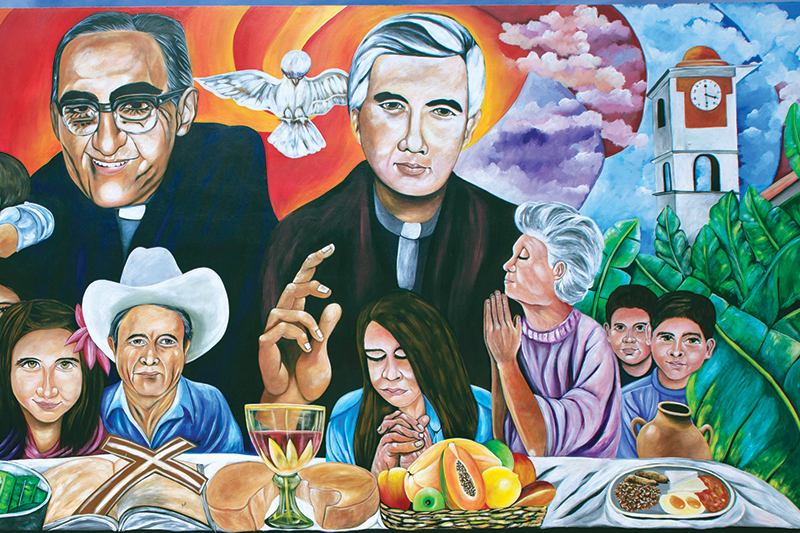
RELIGION
- Andrew Hamilton
- 20 January 2022
6 Comments
On the fifteenth anniversary of Rutilio Grande’s death, I went to a memorial celebration in Aguilares. This crossroads town was the centre of the Jesuit local mission of which Grande had been part. I had already been struck by the affection with which everyone spoke of Rutilio Grande. In a society where any ministry to people who were poor exposed one to constant danger, it was natural to become hardened in order to survive. Rutilio Grande, however, was remembered and treasured for his vulnerability.
READ MORE 
-
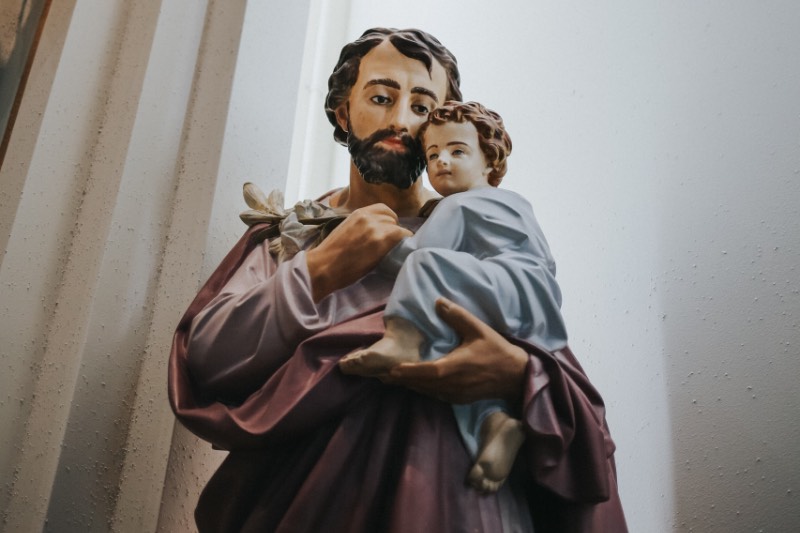
FAITH DOING JUSTICE
- Mike Kelly
- 04 January 2022
2 Comments
There are many gems and reflections on ‘fathering’ in Pope Francis’s apostolic letter, Patris Corde ‘With a Father’s Heart’, in which he nominates 2021 as the year to honour the fatherhood of St Joseph. Francis’s letter is inclusive, encompassing the scope of fatherhood and the responsibilities fathering entails. ‘Fathers are not born, but made’, Francis says.
READ MORE
-
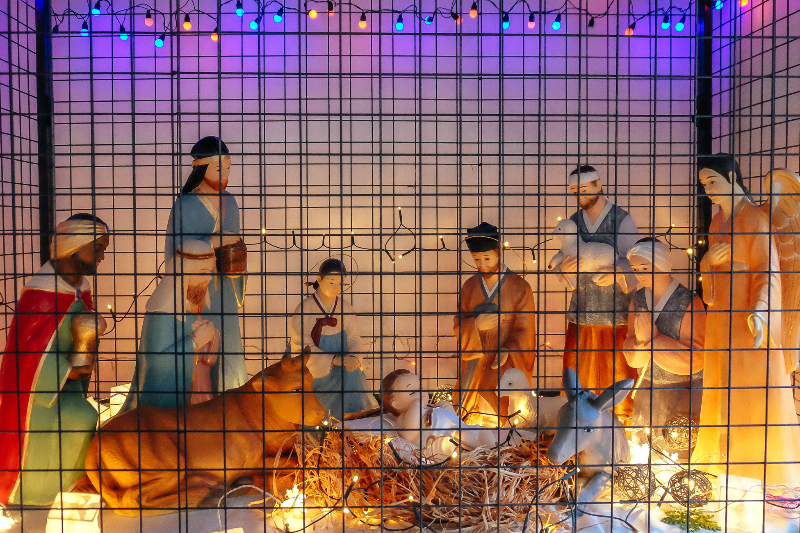
RELIGION
- Andrew Hamilton
- 16 December 2021
19 Comments
Christmas is always a mixture of nostalgia, weariness, connection and hope. This year the strands that compose it are even more tangled. We hope to return to the pre-Covid normal of celebration without anxiety. We look forward to the New Year as a gate to freedom to travel, work and plan our lives without hindrance. At the same time, however, our plans are conditional. We realise that Covid has not left us, and that its mutations may lead to more interruptions and restrictions.
READ MORE 
-
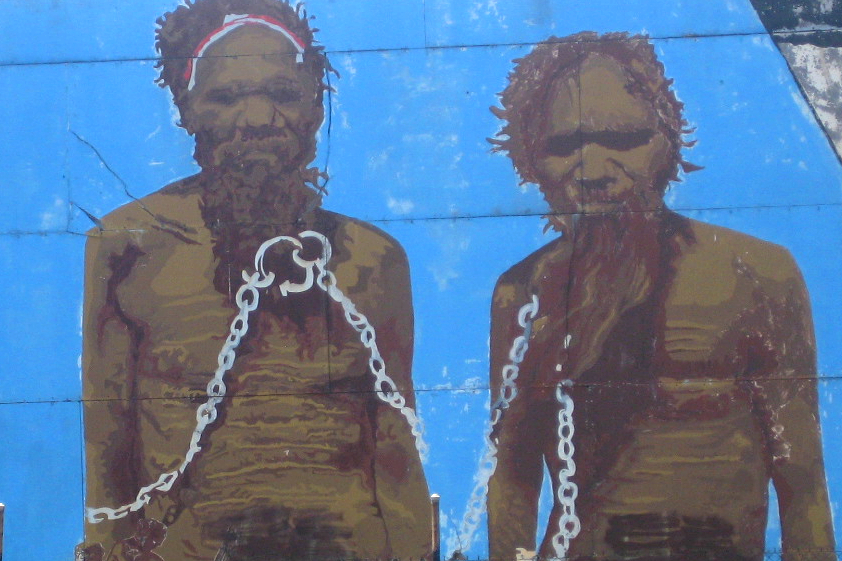
AUSTRALIA
- Brian McCoy
- 14 December 2021
15 Comments
I don’t write to State Premiers very often. However, a month ago I did. It was to the Western Australian Premier, Mark McGowan. It was not about Test cricket, the Juukan Gorge or opening the state’s borders. It was in relation to a photo on the front page of The Australian on the weekend of the 6/7 November showing an Aboriginal man in Western Australia boarding a plane under arrest. He was barefooted and with both a wrist and ankle chain.
READ MORE 
-

INFORMATION
Society of Jesus in Victoria–Jesuit Communications Christmas Raffle 2021. Raffle drawn on Wednesday 8 December 2021 (VIC Permit No 10477/21) 1st prize: #5194 from Brighton, VIC; 2nd prize: # 3655 from Nunawading, VIC; 3rd prize: #380 from Casterton, VIC; 4th prize #2099 from Killara, NSW. All winners have been notified. Congratulations to the winners and thank you to everyone who supported our Christmas raffle.
READ MORE 
-
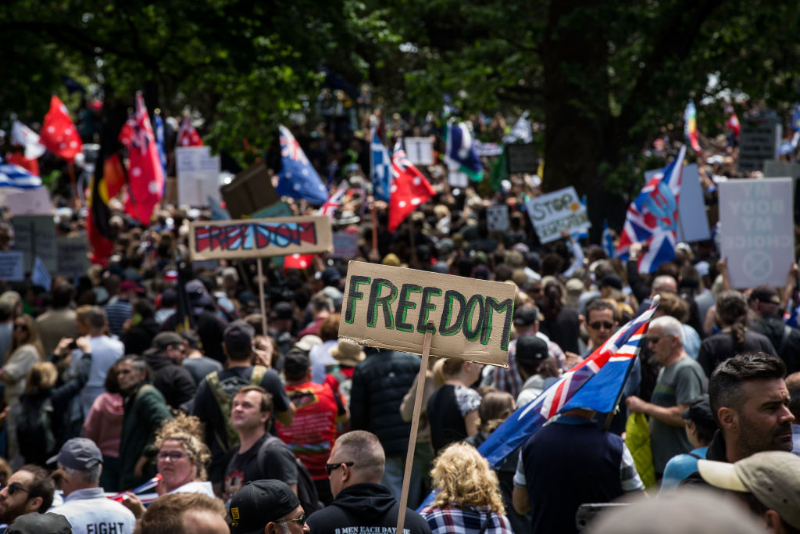
AUSTRALIA
- Andrew Hamilton
- 24 November 2021
31 Comments
There is much discussion about the future of democracy, freedom and other aspects of liberal institutions. Mainly in the United States, under the pressure of a polarised public life. But also to a lesser extent in Australia, in the face of the evasive and authoritarian behaviour of governments and the manifest priority of winning elections over addressing the existential threats of global warming and gross inequality.
READ MORE 
-
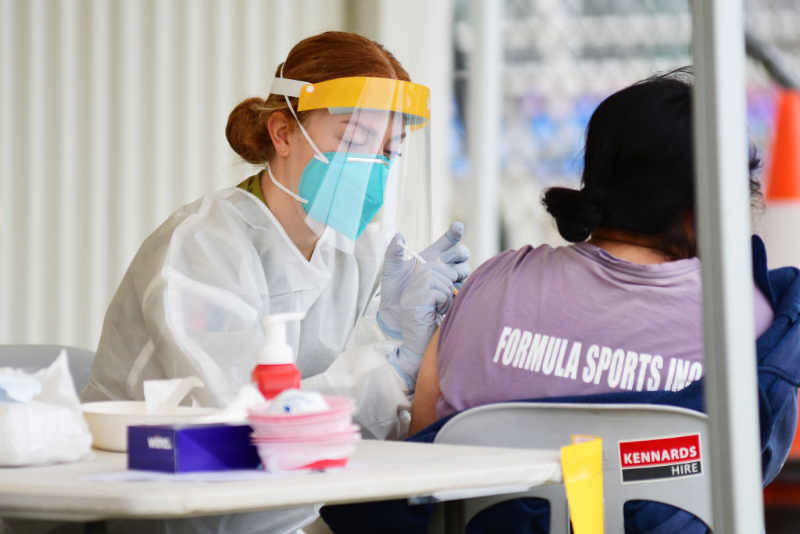
AUSTRALIA
- Brian McCoy
- 22 November 2021
10 Comments
We are now watching the entry of the Delta variant into the Northern Territory and with increasing concern about its possible spread across First Nations communities who vary greatly with their vaccination rates. This question was posed last Friday (19/11) on the ABC’s Coronacast: ‘Why is Indigenous vaccination so patchy?’
READ MORE 
-
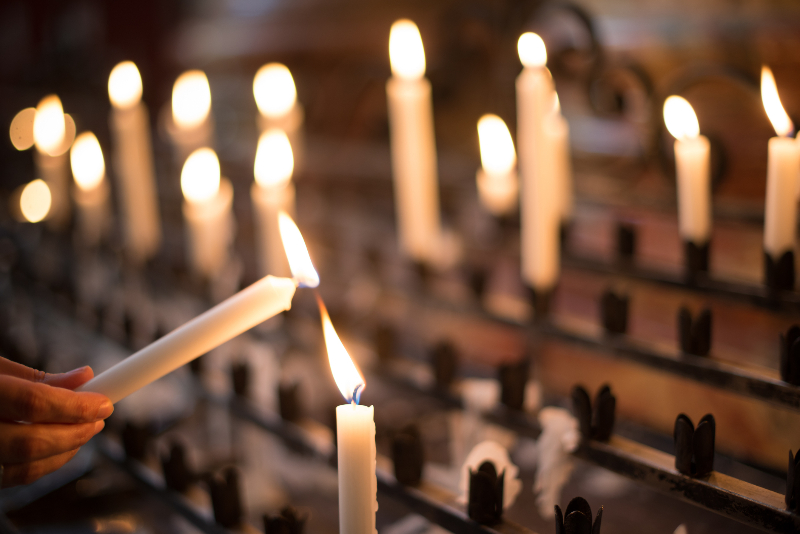
RELIGION
- Andrew Hamilton
- 21 October 2021
44 Comments
One of the challenges facing churches today has to do with tradition. Tradition is a sometimes charged word, but it refers to an everyday social need. It has to do with how a community passes on its way of life and its understanding of authoritative writings that shape it. The word itself can refer both to what is passed on and to the process of passing it on. The challenge of passing on a tradition is perennial. Both ways of living and writings reflect the culture of their own time and so need to be translated into the changing languages of later cultures.
READ MORE 
-
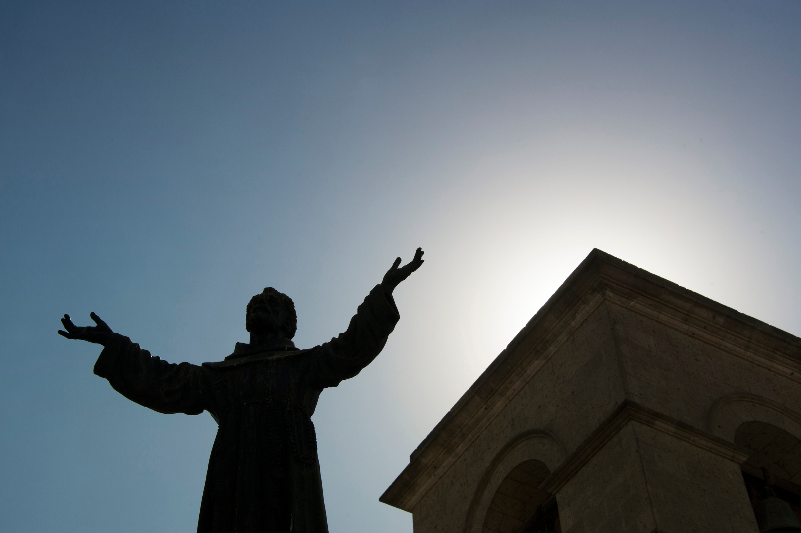
FAITH DOING JUSTICE
- Andrew Hamilton
- 29 September 2021
7 Comments
In the Catholic calendar the Feast of St Francis of Assisi falls on next Tuesday. Although he gave up on wealth, power and influence Francis probably had a bigger effect on his world than any of his contemporaries. He continues to attract people to challenge the values of our society and to spark renewal in Christian institutions at the risk of going stale.
READ MORE 